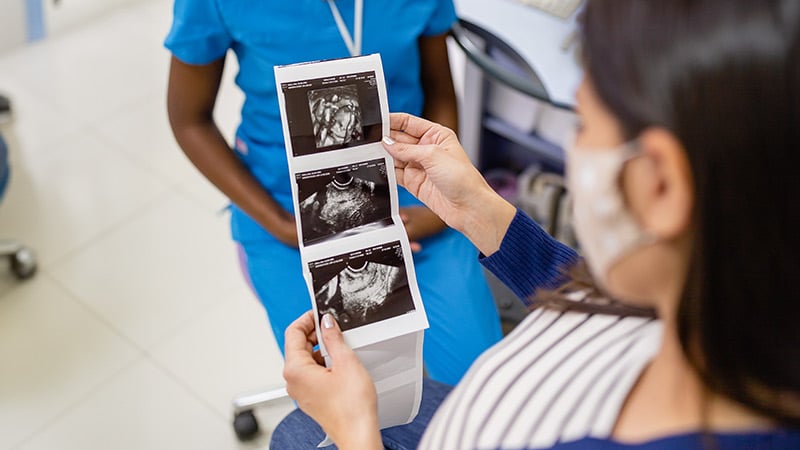Placental Cell Function Impact on Adult Depression and CVD
Core Concepts
Placental inflammation can have protective effects on adult cardiovascular and depressive outcomes, with disruptions in placental cell function potentially contributing to increased risks.
Abstract
The research suggests that placental inflammation, particularly in the context of prenatal infection, may have a significant impact on adult health outcomes, including depression and cardiovascular disease. Here are the key highlights and insights from the content:
- Hofbauer placental cell loss due to preterm birth or intra-amniotic infection may increase the risk of depression and CVD in offspring.
- Inflammation in the placenta, even at lower levels, can have protective effects against adult CVD and depression.
- The study identified an inflammation-related gene coexpression module in Hofbauer cells in the placenta.
- A polygenic score (PGS) was created to predict gene expression in the module and analyze adult cohorts.
- The placental genes' function was disrupted by infection and preterm birth, affecting cardiovascular and depressive outcomes.
- Aspirin was suggested as a potential modulator of placental inflammation-related disruption.
- The study emphasizes the need for further research to define and target molecular pathways involved in prenatal infection for better fetal health outcomes.
Customize Summary
Rewrite with AI
Generate Citations
Translate Source
To Another Language
Generate MindMap
from source content
Visit Source
www.medscape.com
Placental Cell Disruption Tied to Adult Depression, CVD
Stats
"Placental inflammation in the context of prenatal infection has been shown in several studies to be associated with many adult health conditions for the exposed fetus," - Eamon Fitzgerald, PhD
"We identified an inflammation-related gene expression module in the placenta that was highly enriched in Hofbauer cells and created a fetoplacental PGS that specifically predicted expression of this module." - Study Authors
Quotes
"A large body of literature has shown that inflammation in the placenta increases the risk of many adult diseases, but here we are showing the opposite: a protective effect." - Eamon Fitzgerald, PhD
"Complications occurring during pregnancy, such as preterm birth, are also believed to be associated with future increases in cardiovascular risk, and inflammation may sometimes play a role in such complications." - Dr. Deepak L. Bhatt
Key Insights Distilled From
by Marilynn Lar... at www.medscape.com 11-21-2023
https://www.medscape.com/viewarticle/998699
Deeper Inquiries
How can the findings of this study be practically applied in prenatal care to improve long-term health outcomes?
The findings of this study suggest that placental inflammation, specifically the loss of Hofbauer cell function due to preterm birth or intra-amniotic infection, may contribute to an increased risk of depression and cardiovascular disease in offspring. To practically apply these findings in prenatal care, healthcare providers could focus on monitoring and managing placental health during pregnancy. This could involve regular screenings for signs of inflammation, especially in cases of infection or preterm birth. Additionally, interventions aimed at reducing inflammation in the placenta, such as targeted treatments or lifestyle modifications, could be explored to improve long-term health outcomes for the offspring.
What are the potential implications of placental inflammation on mental health beyond depression?
Placental inflammation has been linked to an increased risk of depression and cardiovascular disease in offspring, as highlighted in the study. Beyond depression, there are potential implications of placental inflammation on other aspects of mental health. For example, placental inflammation may also impact anxiety disorders, bipolar disorder, and even neurodevelopmental disorders such as autism spectrum disorder. The inflammatory signals present in the placenta could potentially disrupt neurodevelopment in the fetus, leading to long-term consequences on mental health. Further research is needed to explore these potential implications and understand the mechanisms through which placental inflammation may affect various aspects of mental health.
How can the medical community address the challenges of limited placental functional genomic resources in further research?
The study acknowledges the limitations posed by the low availability of placental functional genomic resources, which can impact the power and scope of research in this area. To address these challenges, the medical community can take several steps. One approach is to invest in expanding placental functional genomic databases through collaborative efforts and funding initiatives. This could involve collecting more comprehensive data on placental gene expression, inflammation markers, and other relevant factors to enhance research capabilities. Additionally, researchers can leverage advancements in technology, such as high-throughput sequencing and bioinformatics tools, to analyze existing data more effectively and extract valuable insights. By addressing these challenges, the medical community can overcome limitations in placental functional genomic resources and advance our understanding of the role of placental inflammation in long-term health outcomes.
0
